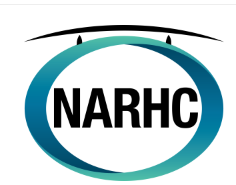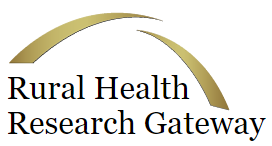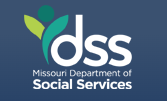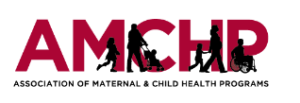April 25, 2024

Why are Rural Americans – Especially Women- Dying Younger?
Rural Americans aged 25 to 54 are dying of natural causes such as chronic diseases and cancer at wildly higher rates than their urban peers, according to a recent report.
The disparity was significantly worse for women, and for Native American women in particular.
The gap highlights how persistent difficulties accessing health care and a dispassionate response from national leaders can eat away at the fabric of rural communities.
The National Rural Health Association’s (NRHA’s) Government Affairs team has produced policy briefs on rural women’s health and American Indian and Alaska Native health.
Read Rural Women’s Health policy brief
Read American Indian and Alaska Native Health policy brief






